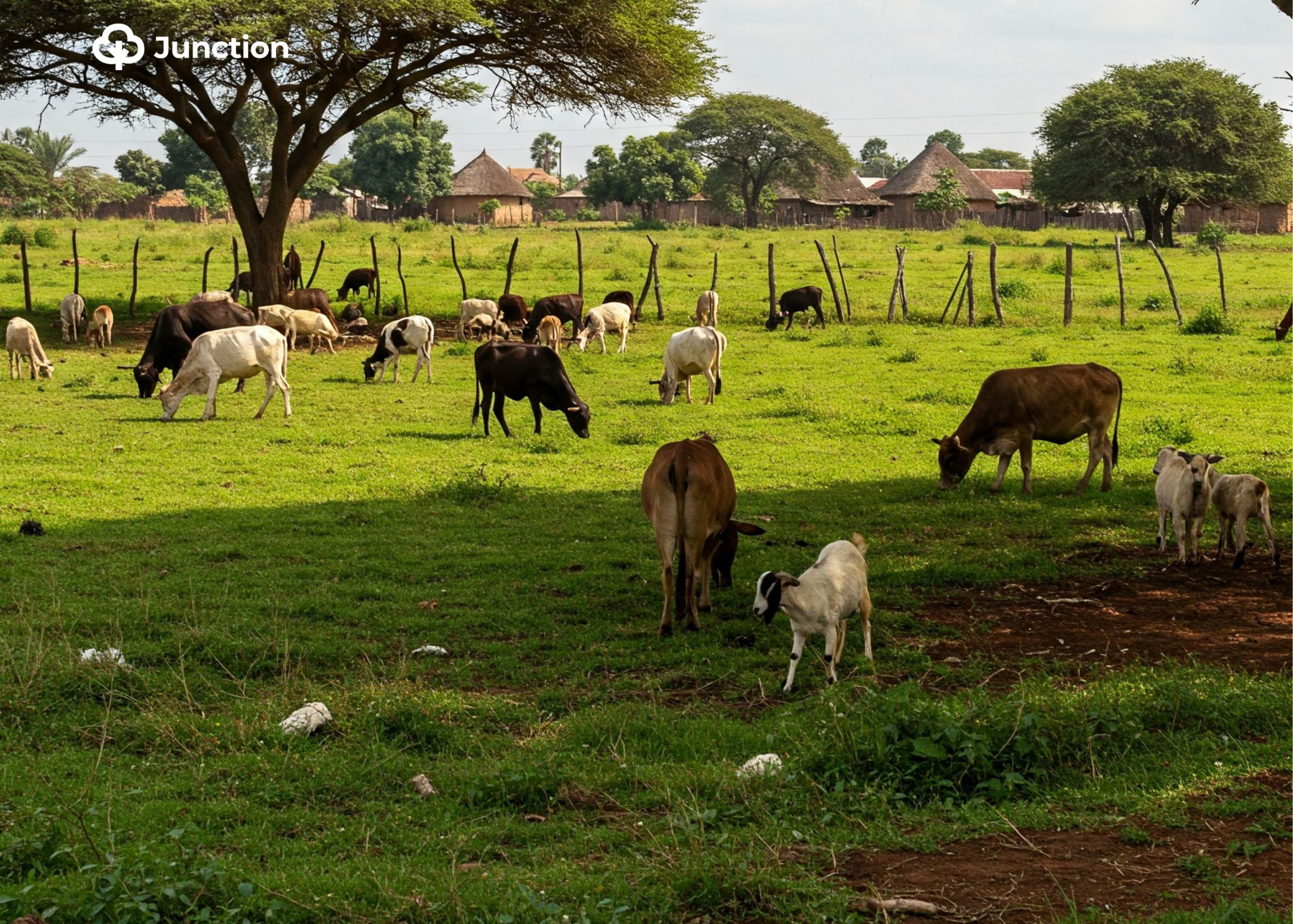News in Brief:
– Nigeria has registered eight new pasture varieties for the first time in 48 years, to boost livestock production and attract investment in the feed sector.
– This development expands the country’s total number of officially recognised pasture varieties to 10, and it could improve forage yields and foster sustainable agricultural practices.
Nigeria has officially registered eight new pasture varieties as feed for livestock farmers, the first such addition in nearly half a century.
The new pasture varieties were approved by the National Committee on Naming, Registration and Release of Crop Varieties, Livestock Breeds and Fisheries during a three-day session concluding on April 17th at the National Centre for Genetic Resources and Biotechnology (NACGRAB) in Ibadan.
The newly endorsed varieties, which comprise six grasses and two leguminous forages, were submitted by the Federal Ministry of Livestock Development and the National Animal Production Research Institute (NAPRI).
The grasses include:
- Brachiaria ruziziensis
- Chloris gayana (Rhode grass)
- Sorghum almum (Sudan grass)
- Andropogon gayanus (Gamba grass).
- Panicum mumbasa (Mumbasa grass), and
- Pennisetum purpureum (Napier grass).
and the leguminous forages are:
- Mucuna pruriens and
- Lablab purpureus.
Expanded options for livestock farming
These additions bring the total number of registered pasture varieties in Nigeria to ten. They supplemented the previously approved Stylosanthes and Centrosema 48 years ago.
Authorities anticipate that this development will significantly invigorate Nigeria’s pasture and fodder sector. It also believes it will attract considerable investment in domestic and export markets for animal feed.
According to a joint statement from the Ministry of Livestock Development and the National Committee, the use of certified pasture seeds ensures superior quality, genetic purity, and enhanced yields.
“Certified pasture seed ensures quality, purity, and high genetic standards, which translates into better forage yields, improved livestock productivity, and sustainable environmental practices,” the statement says.
The certified seeds also offer higher germination rates, increased resistance to pests and diseases, and greater market value.
Positive impact on agriculture and the economy
Generally, for livestock farmers in the country, utilising certified seeds is expected to reduce risks, improve pasture establishment, and ultimately lead to higher returns.
Environmentally, these seeds can help control invasive weeds, decrease the need for chemical inputs. They also foster biodiversity and sustainable agricultural methods.
The initiative is described as a pivotal development with the potential to safeguard farmers’ investments, bolster national food security, and stimulate economic growth within rural communities. This it does by unlocking the potential of the nation’s livestock industry and strengthening its feed system.



